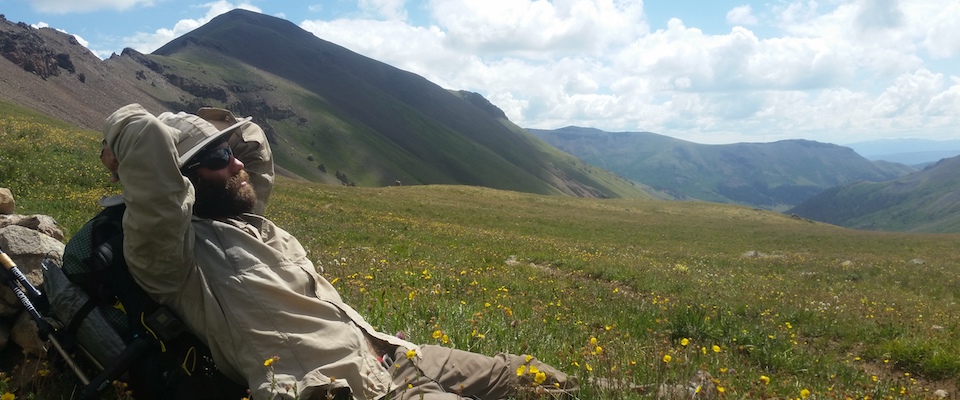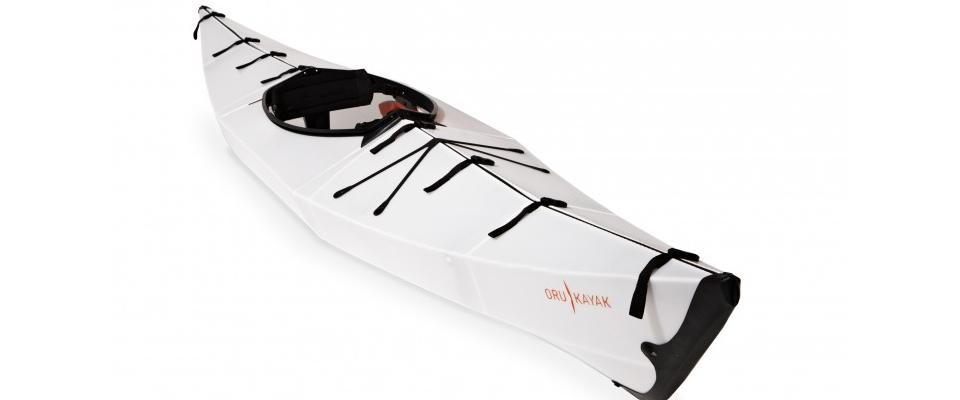Rat summed it all up to Mole in the The Wind in the Willows:
Believe me, my young friend, there is nothing—absolutely nothing—half so much worth doing as simply messing about in boats. Simply messing… about in boats — or with boats. In or out of ’em, it doesn’t matter. Nothing seems really to matter, that’s the charm of it….
That analysis remains sound as ever. Boats and rivers are a balm, for the spirit if not the flesh. And if a recent trip down the South Fork of the American River is any evidence, the healing powers of watercraft and water are especially potent when applied to a group of people who’ve experienced more than their fair share of stress and trauma: U.S. veterans.
About 10 vets did the recent South Fork run, challenging lively Class 3 rapids such as Hospital Bar and Satan’s Cesspool. The outing was sponsored by the Sierra Club’s Military Outdoors program, with participation by the Cal Vets Group and the Berkeley Social Interaction Laboratory.
“It was just incredibly fun,” says trip participant Linda Patricia Saunders, vice president of Cal Vets, a UC Berkeley undergrad majoring in environmental science, and a former Marine who served in Al Anbar Province in Iraq and Helmand Province in Afghanistan. “First, it was because we were on the river. We were completely untethered from school and technology, from our everyday concerns. And second, it was because we were all together, as veterans. We represented different backgrounds, we all had different jobs while in uniform, but the one thing we shared was military service. It’s an extremely strong bond.”
Saunders observes that an abiding love for the outdoors also connects the veterans. But some of the vets may not have discovered this passion without the intervention of the Sierra Club’s Military Outdoors program. Robert Vessels, the military and veteran volunteer coordinator for the program, observes that nature can be profoundly therapeutic for men and women who have served in combat theaters, but that it sometimes takes a little gentle persuasion to get people on board.
“On one of our river trips, we took along a group of homeless veterans,” says Vessels, an Army vet who recently graduated from Cal with a bachelor’s degree in Middle Eastern studies. “One of the guys had served on swift boats in Viet Nam.”
Small, fast, lightly-armed river craft, swift boats were deployed through the Mekong Delta and associated waterways during the Vietnam War, and their crews were involved in some of the conflict’s fiercest fighting.
“He told us that he hadn’t even been on a river since the end of the war,” says Vessels. “His associations with rivers and combat were deep. And when we got to the South Fork, he looked at the river and was on the verge of backing out. He just seemed like a grumpy older guy, a guy who took absolutely no joy in his life. But by the end of the day, he was laughing, joking, hollering, jumping off the raft into the water at every opportunity. The river and being with his fellow vets made him feel whole again. For me, that one incident made this whole program worthwhile.”
But Vessels also has derived profound personal benefits from his association with the outdoors. War left its marks on him, as it has with many of the veterans he serves through the Sierra Club. He joined the Army in 2004, and spent five years in the infantry, deploying to Iraq and Afghanistan with the 10th Mountain Division. He left the service in 2009.
“I signed up right out high school,” says Vessels. “I was just an 18-year-old kid. The war against Iraq had just started, and it was still thought of as a just war. I was a totally different person then.”
Like many combat vets, Vessels found himself in a deep depression when he exited the service. He moved back in with his parents in Indiana.
“I stayed with them for six months,” he says. “I basically gave up. I had a hard time connecting with anyone or anything. So when an Army buddy moved to California to study photography at the Brooks Institute, I followed him out.”
California agreed with Vessels. He enrolled in community college on the G.I. Bill, and spent much of his free time backpacking and hiking. Ultimately, he transferred to Cal. But a degree in Middle Eastern studies, while relevant to current geopolitical realities, didn’t offer much scope beyond diplomatic service or intelligence work.
“I don’t want to work for the federal government, and I’ll never carry a gun again,” says Vessels, “so I jumped at the opportunity when I heard about the Sierra Club opening. My boss, Stacy Bare, is a vet. We chatted several times on Skype, and I got the position earlier this year. It’s my dream job.”
The Military Outdoors program has been in place since 2006, observes Vessels, but the emphasis has shifted recently.
“Our basic goal of empowering service members and their families by providing access to the outdoors and developing outdoor leadership skills remain the same,” says Vessels, “but we’re taking things down to the grassroots level. In the past, we focused on high profile outings, such as climbing Gannett Peak in the Wind River Range in Wyoming. But those programs weren’t necessarily accessible to a large number of vets. With Gannett Peak, for example, participants needed to provide their own air fare to Wyoming, and lots of vets simply don’t have that kind of money, or they may not be in good enough shape to handle such a tough expedition. So we’re looking more at local and regional opportunities—such as raft trips down the South Fork of the American.”
While improving the quality of life through connection with the outdoors seems intuitively sound, it does raise a question: How do you quantify the results? In other words, is there any real proof that the program works, other than the subjective and perhaps unreliable feelings of the participants?
Enter the Berkeley Social Interaction Lab, headed by Dacher Keltner, a UC Berkeley psychology professor who has garnered widespread attention for his research on awe, joy, happiness, compassion, altruism—in other words, all the pleasant and ennobling things associated with being human.
Craig L. Anderson, a psychology Ph.D. candidate who works with Keltner at the Social Interaction Lab, has been investigating emotions associated with awe; and he has found that, yes, nature does seem to play a big role in stimulating slack-jawed wonder. In the United States, at least.
“The components of awe vary according to culture,” Anderson says, “but when we poll people in North America, 70 to 75 percent of the respondents stated that they experience intense awe when in nature. Stacy Bare at the Sierra Club supports the hypothesis that nature is good for people. Our lab has long been engaged in emotions and their physiological effects, so it was natural that we would form a partnership to investigate and test that hypothesis.”
Anderson is collecting data on the folks who participate in the Military Outdoors program to determine precisely how effective the “nature Rx” is in inducing emotional well-being. He conducts surveys with participants before, immediately after, and one week after the trips; uses GoPro cameras to record the “behavior coding” (i.e., the facial and vocal expressions that signal emotional response) of the people in the rafts; and collects saliva samples to measure the levels of hormones such as cortisol, which the body utilizes to marshal energy resources.
The data is still coming in, and Anderson and his fellow researchers are preparing some of their findings for publication.
“One paper we’re about to submit confirms that the emotion of awe is related specifically to curiosity,” he says. “Curiosity in and of itself seems to exert positive effects, personally and socially. It signals you are open to exploring the environment, open to engagement, it exposes you to interesting things and situations. Generally, you’re not particularly curious if you’re feeling down and depressed.”
Scientists, of course, are supposed to maintain academic distance, separation from the subjects they study. But Anderson acknowledges that the dynamics of his current project make it difficult for him to remain utterly aloof.
“This has been the most challenging research I’ve ever done,” he says, “and also the most fulfilling and personally gratifying. We go on all the trips, we get thrown out of the rafts like everybody else. Recently one of my dry bags leaked, and I had to dry out all the survey forms. But I love being out in nature myself, and I really enjoy seeing what these programs do for people. At the start of the day, you typically see some tension, some anxiety. And by the end of the day, everyone is laughing and jumping in the water. Something good has happened to them.”




















